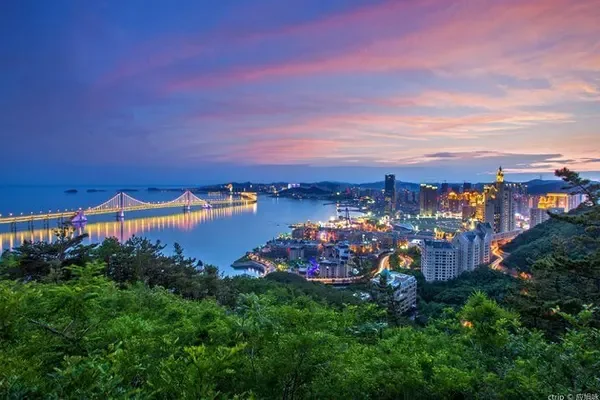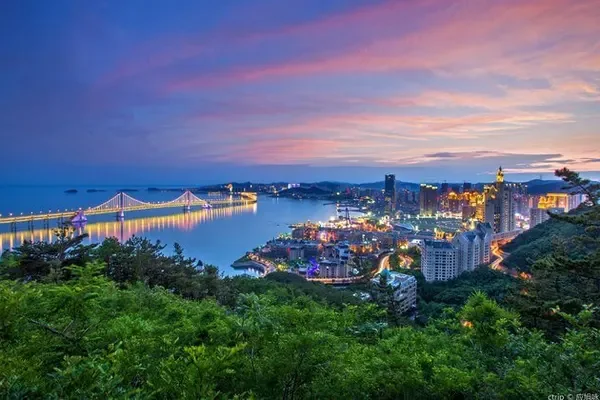After breakfast at the hotel on the 20th, depart to Bayinbulak Town at 08:00 (100 kilometers and 2 hours), arrive at the Bayinbulak Ticket Station, and transfer to the scenic area bus to enter the scenic spot.
Nine bends and eighteen bends
There are a total of 3 stops for the shuttle bus in the scenic area. The first one is Swan Lake, the second is Barun Temple, and the third is nine bends and eighteen bends. We didn’t get off the bus when we passed by Barun Temple.
Bayanbulak Swan Lake
The picture below is a network photo
Barun Temple
Nine bends and eighteen bends
Bayinbulak Grassland is located in the northwest of Hejing County. It is an alpine basin in the middle of the Tianshan Mountains, surrounded by snow-capped mountains, with an altitude of about 2,500 meters and an area of 23,835 square kilometers. It is the second largest grassland in China and the largest alpine grassland in China.
Nine bends and eighteen bends
Bayinbulak Mongolian means "rich spring" and abundant spring. It is a typical grass meadow grassland and the most fertile summer pasture at the southern foot of Tianshan Mountains.
Nine bends and eighteen bends
The grassland is 270 kilometers long from east to west and 136 kilometers wide from north to south, surrounded by mountains above 3000 meters above sea level.
Nine bends and eighteen bends
Bayanbulak Swan Lake
The majestic Erbin Peak on the grassland stretches for 170 kilometers from east to west, and is about 50 kilometers wide from north to south. It divides the Bayinbulak prairie into two, forming two basins.
Nine bends and eighteen bends
Thousands of eyes of spring water are distributed throughout the grassland, and the trickle of melting ice and snow converges in the basin to form the mother river of Bazhou-Kaidu River. The ancient Kaidu River runs through the two basins, forming large and small oxbow lakes and marsh wetlands on the grassland. The Kaidu River nourishes the prairie and nurtures generations of life on the prairie.
Bayanbulak Swan Lake
Bayanbulak Swan Lake
Bayanbulak Swan Lake
Nine ethnic groups, including Mongolian, Han, Tibetan, and Kazakh, live in the Bayanbulak Grassland, with splendid and colorful ethnic customs.


